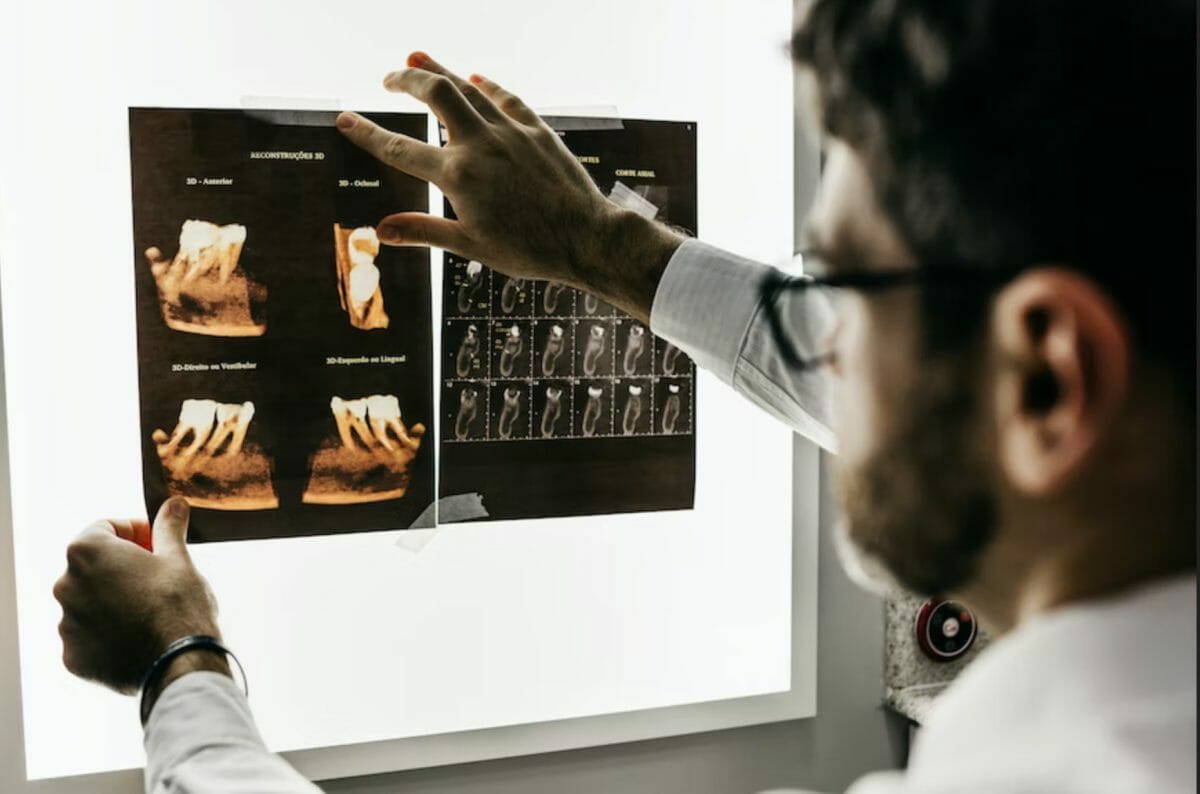Dental hygienists are oral healthcare professionals responsible for cleaning teeth, educating patients on proper oral hygiene, and assisting dentists during various procedures. You might consider foraying into oral healthcare as a dental hygienist, as this industry is growing fast.
Today, patients suffering from periodontal issues prefer a dentist’s clinic to a hospital, suggests a recent survey by Transparency Market Research. The same study predicts the periodontal treatment market will be valued at $ 12.2 billion by 2031 globally. These numbers are indicative of the vast potential of oral healthcare as an industry.
They are an integral part of any dental team, providing vital services that help to maintain the oral health of patients. If you are interested in exploring this path as a career option, you can check helpful online resources on becoming a dental hygienist. Meanwhile, you can read on to know more about the role a dental hygienist plays in the oral healthcare domain.
What Does a Dental Hygienist Do?
Dental hygienists work closely with dentists to provide preventative and therapeutic oral healthcare services to patients. They use a variety of instruments, including ultrasonic cleaners, hand scalers, and special brushes, to remove plaque, tartar, and stains from teeth.
The various tasks they do can be summarized as follows:
- Dental hygienists assist dentists during various procedures like taking x-rays, applying fluoride treatments, and placing fillings. They also ensure all instruments are properly sterilized and ready for use.
- Dental hygienists help patients understand how to implement an oral hygiene regimen, including how to brush and floss teeth effectively. They document patients’ oral health history and treatment plans, as well as update records as necessary.
- Dental hygienists may also be responsible for ordering supplies, maintaining equipment, and scheduling appointments.
What Are the Skills Needed For a Dental Hygienist?
There are more than 26,426 dental hygienists employed in the United States, according to the career portal Zippia. To ensure your skills match up to the current talent pool, have a look at a few core skills needed to do well at this job.
With the right combination of technical expertise and personal qualities, dental hygienists can make a real difference in the lives of their patients and contribute to the overall success of the dental team.
1. Soft Skills
Dental hygienists need to be able to effectively communicate with patients, explain procedures and provide education on oral hygiene. They also need to be able to communicate with dentists and other members of the dental team, coordinating care and providing updates on patient progress.
As dental hygienists work closely with patients, they need great interpersonal skills to put patients at ease and build trust. They should be compassionate, empathetic, and able to work well under pressure.
Dental hygienists often have a busy schedule, and they must be able to manage their time effectively to see all of their patients and complete all of their tasks.
2. Technical Skills
Dental hygienists need to have excellent hand-eye coordination and manual dexterity, as they will be using a variety of instruments to clean teeth and perform other tasks.
Dental hygienists must be able to pay close attention to the details of each patient’s oral health, including any signs of decay, gum disease, or other issues. They must be able to accurately document this information and use it to develop treatment plans.
Dental hygienists need to be familiar with a variety of dental instruments and technology and must be able to use them effectively to provide the best care possible.
What Is the Way Forward for a Dental Hygienist?
To start working as a dental hygienist, you will need a license from the ADHA or the American Dental Hygienists Association.
Dental Hygienists can specialize by seeking additional certifications and studying further. They can also choose to grow in their career by seeking leadership roles and taking part in groups and advocacy organizations.
There are many ways for dental hygienists to grow in their careers, including the ones mentioned below.
3. Study Further and Specialize
Dental hygienists are required to complete continuing education (CE) courses to maintain their licenses. By taking advanced CE courses, dental hygienists can expand their knowledge and skills, making them more valuable to their employers and potentially increasing their job opportunities.
Some dental hygienists choose to specialize in a particular area, such as pediatric dentistry or geriatric dentistry. Specialization can lead to increased job opportunities and higher salaries.
Many dental hygienists choose to pursue additional certifications in areas such as local anesthesia, nitrous oxide sedation, or dental radiology. These certifications can enhance their skills and increase their job prospects.
4. Seek Leadership Roles
Dental hygienists who are interested in leadership roles can pursue management positions, such as office manager or clinical supervisor. These roles typically require additional education and experience.
5. Advocate For the Profession
Dental hygienists can get involved in professional organizations and advocacy groups to help promote the importance of oral healthcare and advance the profession. This can include participating in lobbying efforts, speaking at conferences, and writing articles for professional publications.
October is celebrated as National Dental Hygiene Month, as per ADHA. February is National Children’s Dental Health Care month. In a nation where dental cavities are four times more prevalent than childhood obesity, there is a vast scope of patient education and dental hygiene advocacy.
In conclusion, being a dental hygienist is a rewarding and fulfilling career option for individuals who are interested in the field of healthcare and want to make a positive impact on the lives of others.
With the right combination of technical expertise and personal qualities, dental hygienists can make a real difference in the lives of their patients and contribute to the overall success of the dental team. In addition, dental hygiene is a growing field with good job prospects and competitive salaries, making it a great choice for individuals looking for a stable and lucrative career.
